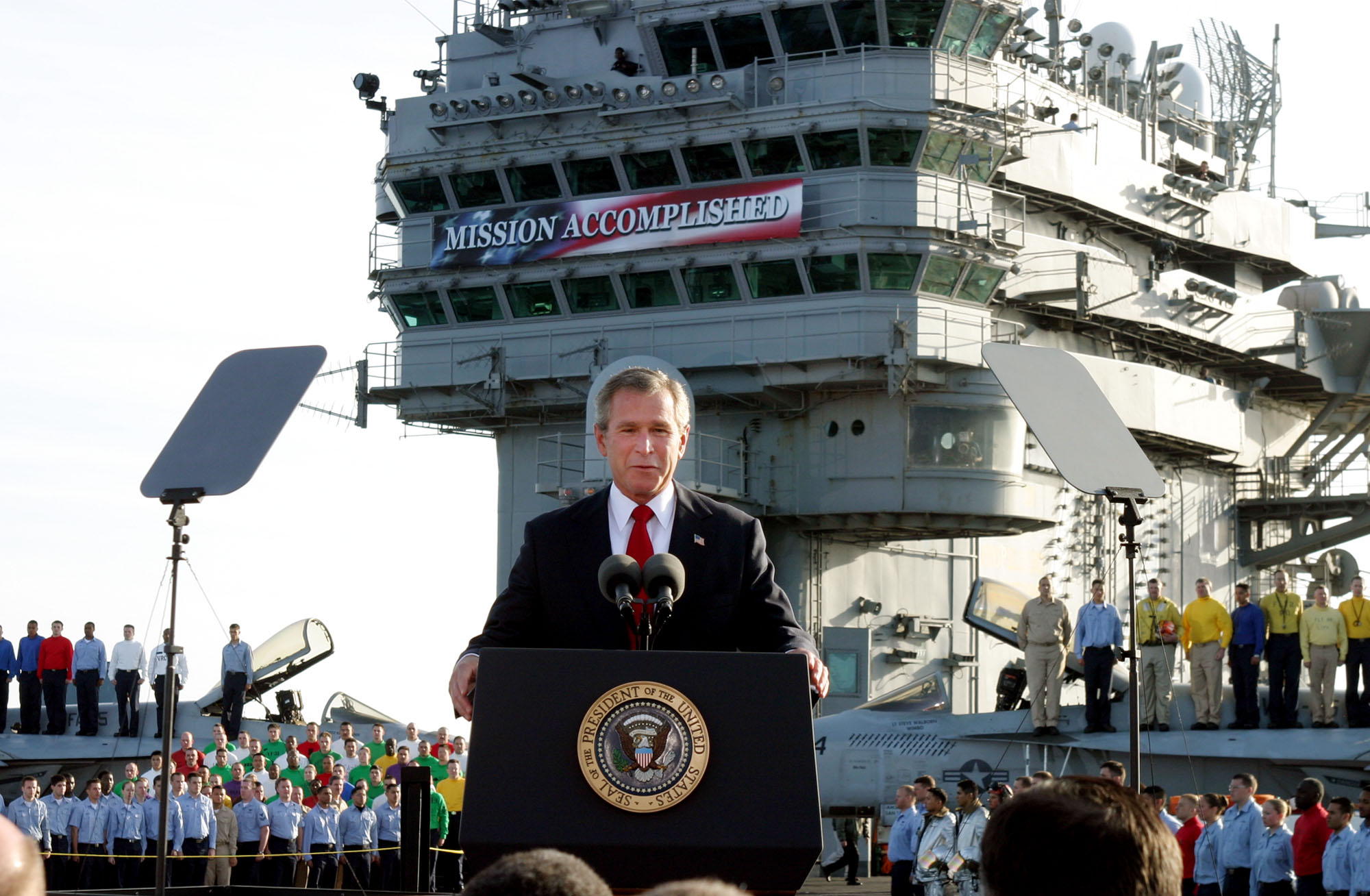Editor’s note: This is the second instalment of a three-part series on Canada, NATO, and burden sharing. The first instalment is available here.
Consisting of nearly 40 per cent of Canada’s landmass, with vast oil and gas deposits and in-demand rare-earth minerals, the Arctic is crucial to Canada’s economic future. But it is today’s tumultuous geopolitics and worsening climate that also makes the Arctic a unique defence and security battleground. And it holds the key to Canada finally meeting its defence commitments.
It has been over ten years since NATO member countries signed the Defence Investment Pledge (DIP). Better known as the “NATO 2 percent” commitment, the DIP asks each country to contribute 2 per cent of their GDP to defence investments. To date, Canada has yet to honour that commitment, perhaps because the political price to pay is so low. The fact is that the military does not show up on Canadians’ radars. When it does, it tends to be due to embarrassing procurement missteps. But rather than squabble over why Canada has failed to meet the target in the past, the focus now should be on how it can meet it in the future.
First, the government must prove to Canadians that investing in the Arctic is an economic winner. While no easy task, weaving an economic argument that speaks directly to people’s pocketbooks is easier than explaining the impacts of geopolitical gamesmanship. The government has begun making the case, as evidenced by Industry Minister Francois Philippe Champagne’s gruelling travel schedule. But with little to be found in the 2023 federal budget, the next opportunity to put more meat on the economic bone, proving Canada understands how to incorporate the Arctic’s resources as part of a focused and comprehensive industrial policy, is the ongoing Defence Policy Update, expected in the coming months.
Assuming the government successfully makes the economic case for investing in the Arctic, it can then pivot to the military merits of the approach. After all, following nine years of public shaming at the hands of subsequent US Presidents Barack Obama and Donald Trump, and the outbreak of the largest European land war since the Second World War, Canada has not really budged. But it is that renewed engagement and focus on the Arctic, acting like the “Arctic Superpower” that we are, that makes it a political winner with voters.
The US, our closest friend and ally, has made clear how important the Arctic is as part of its broader National Security Strategy. Likewise, both China and Russia harbour greater access and engagement in the region. While it is unrealistic for Canada to counter these efforts on its own, it should welcome the opportunity to shoulder some of the burden. Ensuring the Northern Flank remains in Western control is crucial, and committing economic and military resources would buy us much-needed goodwill with NATO allies. But with NATO preoccupied with protecting its Eastern Flank, Canada cannot depend on the military alliance for direct support.
Indeed, last fall, Canada’s Standing Committee on National Defence (NDDN) held hearings on Arctic Security. Through insightful, and at times concerning testimony from a range of defence and security experts and senior government representatives, including Canada’s Chief of the Defence Staff, the looming threats facing Canada from competitors, and a changing climate, in the years ahead are stark. Additional pressures around future requirements, including sub-surface capabilities, that will be required to keep pace with adversaries and expectations from allies, only added to the need for increased capitalization of defence forces.
These challenges are amplified by the recruitment dilemma facing the Canadian Armed Forces (CAF). And yet, a potential by-product of an increased and more public focus on the Arctic could very well be the answer. Success in the Arctic will require attracting a new cohort of recruits and hiring for a more diverse armed forces, with different skill sets than a traditional military. Water management experts, marine biologists, and climate experts will have to form part of any team sent up North.
Investing in the Arctic is also an investment in the more than 75,000 Indigenous Peoples who call it home. Through careful, fair, and considerate engagement, a shared partnership model with local communities on everything from job creation to revenue-sharing, is yet another potential by-product of a renewed Arctic focus.
But while convincing Canadians of the value of Arctic investments is of huge importance, persuading allies that Arctic investments are global security investments matters just as much. In the past, NATO had been reluctant to engage in the Arctic, suggesting an uneven view of the region as a defence and security theatre. Recently, that view has undergone a subtle shift. Last summer, Prime Minister Justin Trudeau accompanied NATO Secretary General Jens Stoltenberg on his first visit to the Arctic. In addition to using the trip to reaffirm Canada’s contributions to NATO, the two visited one of the sites of the North Warning System, an early-warning radar system and a key component of the North American Aerospace Defence Command (NORAD).
Recently, there have been signs that Canada has finally decided to get its act together on the Arctic. NORAD modernization funding, a robust Arctic and Northern policy framework, and continued engagement in Arctic and northern forums are good signs. With a continued focus on the North, all of sudden 2 per cent seems manageable.
Photo: “Baffin Island Davis Strait,” April 12, 2013, by NASA / Michael Studinger, via Flickr. Licensed under CC BY 2.0.
Disclaimer: Any views or opinions expressed in articles are solely those of the authors and do not necessarily represent the views of the NATO Association of Canada.




